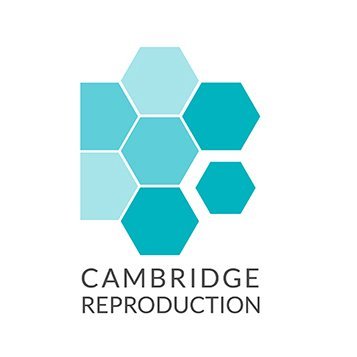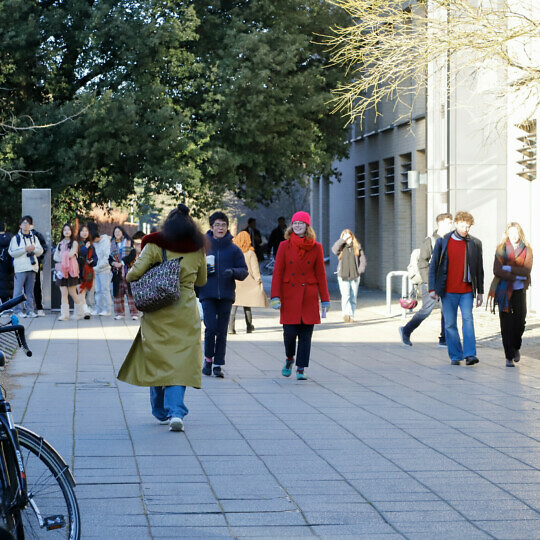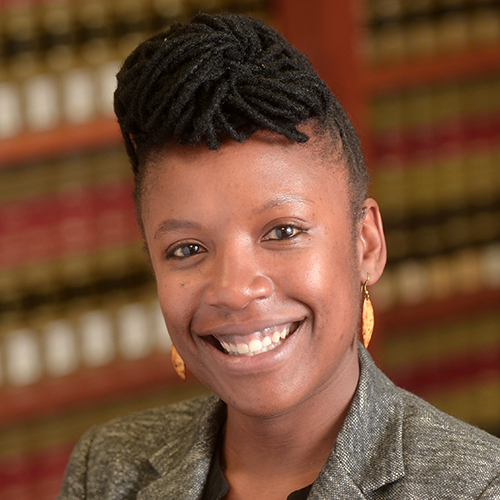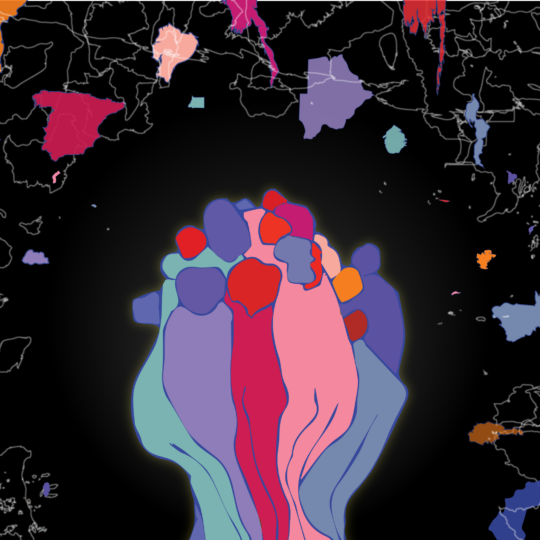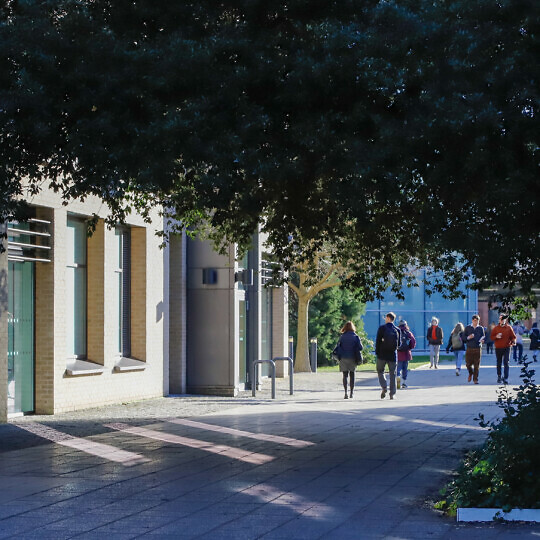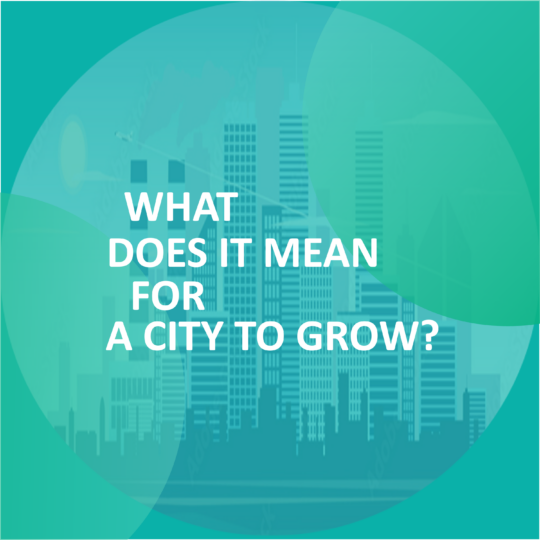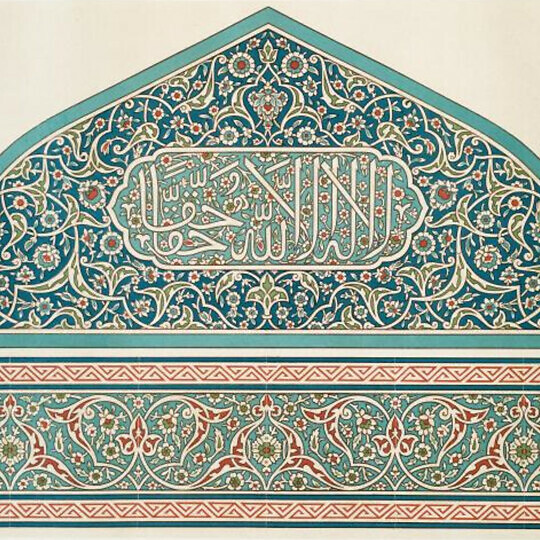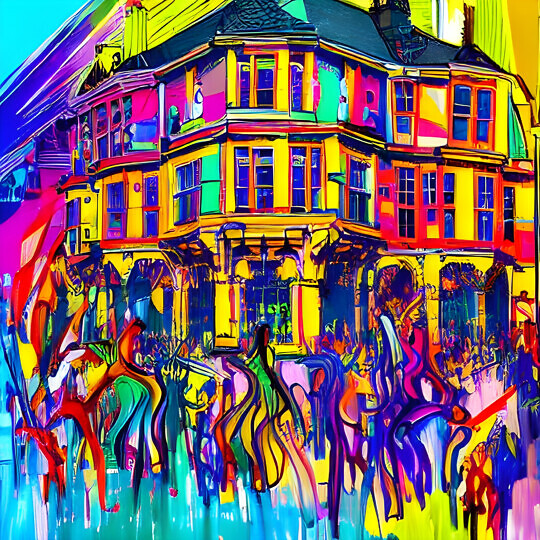| 23 Nov 2020 - 27 Nov 2020 | All day | ONLINE | |
- Description
- Programme
- Speaker Biographies
Description
Please register for each session you wish to attend, links can be found in the programme and in ‘Related Links’.
Sign up to the CRASSH Newsletter for more information and updates on this conference.
Convenors
Geoffrey Maguire (University of Cambridge)
Leila Mukhida (University of Cambridge)
Tiffany Page (University College London)
Keynote Speaker
Gayatri Gopinath (Director, Center for the Study of Gender and Sexuality; NYU)
Summary
Critical debates in migration and diaspora studies have long ignored issues of sexuality and queerness. The figures of the migrant and the refugee have become normalised as cis-gender and heterosexual through cultural, political and media narratives, as well as in academic discourse. Mainstream references to LGBTQ+ migrants are exceptional and tend towards placing these subjects within a problematic Western-centric narrative of global mobility as ‘the movement from repression to freedom’ (Grewal and Kaplan 2001). The objective of this conference is twofold: firstly, to restore visibility to the queer migrant in cultural, sociological, political, theoretical and methodological debates on globality and migration; and secondly, to challenge the socio-political and racialised narrativisation of the queer migrant experience as a journey from the ‘backward’ global South to the ‘progressive’ global North. In so doing, this interdisciplinary conference will itself perform a kind of ‘queering’, rupturing stable, linear and Western conceptions of migration, and rethinking the ways in which queer bodies are perceived, represented and choose to move and travel through space.
Given that the visibility of LGBTQ+ communities has increased more broadly over the last decade in legal and societal terms, this conference will examine the relative invisibility of such minorities within contemporary discourses of (im)migration. Where queer migrant experiences are rendered visible – in queer transnational scholarship, for example, or in visual culture and literary works – our goal is to identify those counter-narratives that challenge the above mentioned fantasy of global mobility, and to consider the impact of these counter-narratives on migration and diaspora studies more broadly. To this end, the conference will bring together scholars in the fields of cultural studies, sociology, postcolonial studies, politics and ethnic studies, migration, transnational and queer studies in an attempt to better understand, in both theory and practice, the politics of crossing geographic, linguistic, cultural and heteronormative boundaries. In particular, the conference will focus on the migration of the term ‘queer’ itself; as a number of critics have pointed out, the Anglocentrism of the term’s history may be considered as ‘a postcolonial affront’ (Sifuentes-Jáuregui 2014) within regions of the world that have developed along distinct economic, political and historical axes. In this way, the conference responds to recent calls to ‘queer the transnational turn’ (Chiang and Wong 2016), fomenting research across and between disciplines that critically examines the power dynamics of queer migration and provides the theoretical tools to discuss such concepts in a rigorous, inclusive manner.
The Photographers’ Gallery are hosting an exhibition of Sunhil Gupta’s work. They have produced a film to acompany the exhibition which you can watch and they are hosting an online event on Wednesday 25th November which you can register for on their website.
Supported by:
 #queermigrations
#queermigrations
If you have any specific accessibility needs for this event please get in touch. We will do our best to accommodate any requests.
Conference assistance: events@crassh.cam.ac.uk
Programme
| Monday 23 November | |
| 17:00 - 18:30 (UK Time) |
Keynote: Professor Gayatri Gopinath (New York University), ‘Unruly Visions: The Queer Regional Imaginaries of Agha Shahid Ali and Sunil Gupta’ Followed by a Discussion and Q&A with Natasha Tanna (UCL) Live-streamed on Youtube. |
| Tuesday 24 November | |
| 16:00 - 17:30 (UK Time) |
PANEL 1: LAW AND ACTIVISM Chair: Lauren Wilcox (University of Cambridge)
|
| Wednesday 25 November | |
| 16:00 - 17:30 (UK Time) |
Panel 2: ARTS AND CULTURE Chair: Leila Mukhida (University of Cambridge)
|
| Friday 27 November | |
| 16:00 - 17:30 (UK Time) |
Panel 3: SEXUAL HEALTH AND REPRODUCTION Chair: Geoffrey Maguire (University of Cambridge)
This panel has been co-organised with the Queer Conceptions project at the Cambridge Reproduction SRI |
Speaker Biographies
Speaker Biographies
Keynote, Gayatri Gopinath
Gayatri Gopinath is Professor in the Department of Social and Cultural Analysis, and the Director of the Center for the Study of Gender and Sexuality at New York University. She works at the intersection of transnational feminist and queer studies, postcolonial studies, and diaspora studies, and is the author of two monographs: Impossible Desires: Queer Diasporas and South Asian Public Cultures (Duke UP, 2005), and Unruly Visions: The Aesthetic Practices of Queer Diaspora (Duke UP, 2018). She has published numerous essays on gender, sexuality, and queer diasporic cultural production in journals such as Journal of Middle East Women’s Studies, GLQ, Social Text, and positions.
Arthur Davis
Arthur recently completed their MPhil research on the sexual wellbeing of mobile populations at the University of Cambridge Centre for Gender Studies. In their work, they look at how the conceptual contours of the “sexual migrant” contribute to the exoticisation and stigmatisation of certain sexually active migrants, while rendering other potentially at-risk individuals invisible, and thus beyond the bounds of targeted sexual health interventions. Arthur is currently applying for PhD programmes, in which they plan to further their current work through patient observation and interviews with service users.
Nicholas de Villiers
Nicholas de Villiers is professor of English and Film at the University of North Florida (USA). He is the author of Opacity and the Closet: Queer Tactics in Foucault, Barthes, and Warhol (University of Minnesota Press, 2012), Sexography: Sex Work in Documentary (University of Minnesota Press, 2017), and a book manuscript currently titled Cruisy, Sleepy, Melancholy: Spatial and Sexual Disorientation in the Films of Tsai Ming-liang.
Geoffrey Maguire
Geoffrey Maguire’s research focuses on Latin American literature, film and visual art, with particular interests in cultural memory, queer representation, and sexuality and gender. He is the author of The Politics of Postmemory (2017) and, with Rachel Randall, New Visions of Adolescence in Contemporary Latin American Film (2018).
Leila Mukhida
Leila Mukhida works on German and Austrian visual culture, with a focus on cinema and the Frankfurt School, sound and industrial history, as well as queer of colour approaches to film and literature. In her research and her teaching, she advocates for diversity and decolonization in German Studies. Her forthcoming book, Sensitive Subjects: The Political Aesthetics of Contemporary German and Austrian Cinema (Berghahn, December 2020), looks to early German-language film theory in order to explore how post-1989 films by directors including Valeska Grisebach, Michael Haneke, Andreas Dresen and Elke Hauck engender a political sensitivity in viewers.
Tiffany Page
Tiffany Page conducts interdisciplinary research on the intersections of vulnerability, violence, and institutional change, with a specific interest in the politics of knowledge production. She has published journal articles on feminist methods, the violence of border regimes, and activism addressing sexual misconduct, and written policy documents addressing inequalities in higher education.
Fadi Saleh
Fadi Saleh is a PhD candidate at the Institute for Cultural Anthropology and European Ethnology at the University of Göttingen, Germany. In his PhD project, he traces the recent emergence of Syrian LGBTIQ refugees as a constituency in discourses around humanitarianism, asylum, and queerness. In addition to his academic research, Fadi continues to work with many LGBTIQ organizations in Europe and across the MENA region in a variety of consultancy, research, training, and advocacy capacities.
Maryna Shevtsova
Maryna Shevtsova is a Postdoctoral Fellow at the Gender studies department, Lund University, Sweden. She has a PhD in Political Science from Humboldt University, Germany. Since 2017, she has been actively engaged in LGBTI rights activism as a program coordinator for “TERGO,” a Kyiv-based NGO working for a safe school environment for LGBTI students. Her research interests cover LGBTI activism, Europeanization, queer migration, anti-gender movements, and right-wing populism in Central and Eastern Europe.
Marcin Smietana
Marcin Smietana is a Research Associate in the Reproductive Sociology Research Group at the University of Cambridge. Marcin’s research involves qualitative interviews with British gay men who have pursued altruistic surrogacy in the UK or compensated surrogacy overseas, which follows on from his previous EU-funded study (based at UC Berkeley and Cambridge) on gay men who form families through transnational and domestic surrogacy in the US, as well as from his PhD on Spanish gay fathers through transnational adoption and surrogacy. Marcin is currently writing a book on gay men’s reproductive decision-making and the thinkability of gay family projects in the context of transnational reproduction; his upcoming projects turn towards relationships between species in human and nonhuman reproduction, queer ecologies and critical animal studies.
Asia Stewart
Asia Stewart is currently based in New York, where she works as a singer and performance artist. She is a National Young Arts Winner in Musical Theatre and a former National Arts Policy Roundtable Fellow with Americans for the Arts. She recently concluded her first independent performance series, entitled “Graft,” which attempts to capture the violence that constructions of whiteness and femininity wrought on black bodies that will never be enough. As a graduate from Cambridge and Harvard University, she is drawn to the concept of living archives and is currently directing her first documentary, entitled “By the Root” on the lives of members of the Windrush Generation.
Natasha Tanna
Natasha Tanna is a Leverhulme Trust Early Career Research Fellow at University College London. She specialises in modern Latin American, Spanish, and Catalan culture, with a particular focus on queer and feminist literature. Her book Queer Genealogies in Transnational Barcelona (Legenda: 2019) explores queer temporalities and ideas of political, familial and literary inheritance. She is currently working on experimental approaches to scholarly writing at the intersections of queer and critical race studies.



